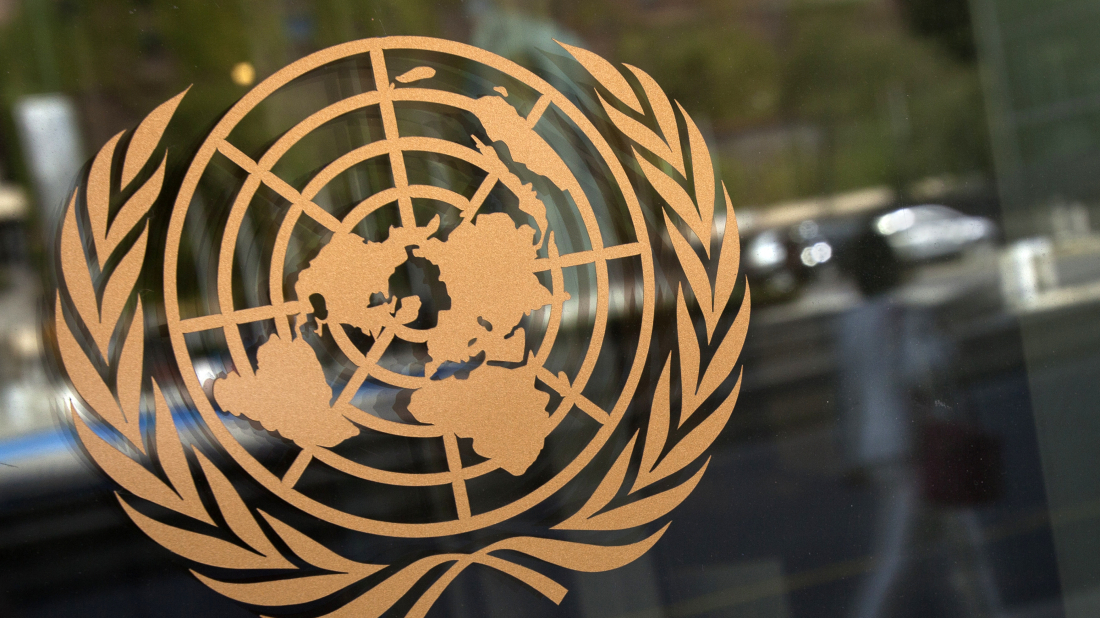Kazakhstan vows to fast-track AZAL crash investigation amid rising diplomatic tensions
Kazakhstan has vowed to speed up its investigation into the Azerbaijan Airlines (AZAL) crash near Aktau, as mounti...

The UN Human Rights Council has ordered an urgent inquiry into alleged atrocities in and around El-Fasher, condemning escalating violence, ethnically targeted killings, and widespread abuse attributed to the Rapid Support Forces.
The Human Rights Council held its 38th special session on Friday to address the worsening human rights situation in and around El-Fasher, Sudan, adopting without a vote a resolution mandating the Independent International Fact-Finding Mission for the Sudan to investigate recent alleged violations of international law in the region. The decision reflects growing alarm over the scale and severity of violence in a city that has become a focal point of the broader Sudan conflict.
In its resolution, the council strongly condemned the assault on El-Fasher by the Rapid Support Forces and associated groups, denouncing reported atrocities, including ethnically motivated killings, torture, summary executions, and widespread sexual and gender-based violence. The fact-finding mission has been tasked with identifying, where possible, those believed responsible and supporting future accountability mechanisms.
The council requested the UN human rights office to deliver a verbal update on developments before its 61st session. The fact-finding mission will present a full report on its inquiry at that session, followed by an enhanced interactive dialogue, underscoring the urgency with which the UN views the situation.
The special session opened with warnings from senior officials. UN High Commissioner for Human Rights Volker Turk said the unfolding atrocities in El-Fasher were foreseeable and preventable, listing mass killings, ethnically targeted executions, and widespread sexual violence among the reported crimes. Adama Dieng, the African Union’s special envoy on the prevention of genocide and mass atrocities, urged the international community to halt the flow of weapons and fighters into Sudan, saying it is directly fuelling the targeting of specific identity groups.
Mona Rishmawi, representing the fact-finding mission, described much of El-Fasher as a crime scene and referred to evidence of what she called unspeakable atrocities. Throughout the debate, speakers condemned violations attributed to the Rapid Support Forces, called for accountability, and urged an immediate end to the conflict that continues to devastate the region.
The Kremlin is utilising the recent United States and Israeli military strikes on Iran to validate its ongoing war in Ukraine. Russian officials are pointing to the escalation in the Middle East as evidence that Western nations do not adhere to international rules.
Saudi Arabia’s state oil giant Saudi Aramco closed its Ras Tanura refinery on Monday following an Iranian drone strike, an industry source told Reuters as Tehran retaliated across the Gulf after a U.S.-Israeli attack on Iranian targets over the weekend.
The Middle East crisis intensifies after the deadly attack on the compound of the Supreme Leader of Iran Ali Khamenei on Saturday that killed him, other family members and senior figures. Iran has launched retaliatory strikes on U.S. targets in the region.
U.S. President Donald Trump said the U.S. military has enough stockpiled weapons to fight wars "forever"; in a social media post late on Monday. The remarks came hours before conflict in Iran and the Middle East entered its fourth day.
Türkiye raised its security level for Turkish-flagged vessels in the Strait of Hormuz to Level 3 on Sunday (2 March). The development follows Iranian restrictions on shipping after U.S. and Israeli strikes and confirmation of Supreme Leader Ali Khamenei’s death.
Strikes across the Middle East are intensifying, fuelling travel disruption, driving up global energy prices and forcing diplomatic missions to shut their doors as tensions continue to rise.
U.S. President Donald Trump has said the United States has a “virtually unlimited supply” of munitions and is capable of sustaining military action indefinitely, as the conflict with Iran entered its fourth day.
The United Nations has called for an investigation into a deadly attack on a girls’ primary school in Iran, which Iranian officials say has killed more than 100 children. The U.S. has said its forces “would not” deliberately target a school.
U.S. first lady, Melania Trump chaired a UN Security Council meeting on children and education in conflict on Monday (2 March), a move criticised by Iran as hypocritical following U.S. and Israeli strikes that triggered a UN warning about risks to children.
Start your day informed with AnewZ Morning Brief. Here are the top news stories for the 3rd of February, covering the latest developments you need to know.
You can download the AnewZ application from Play Store and the App Store.

What is your opinion on this topic?
Leave the first comment